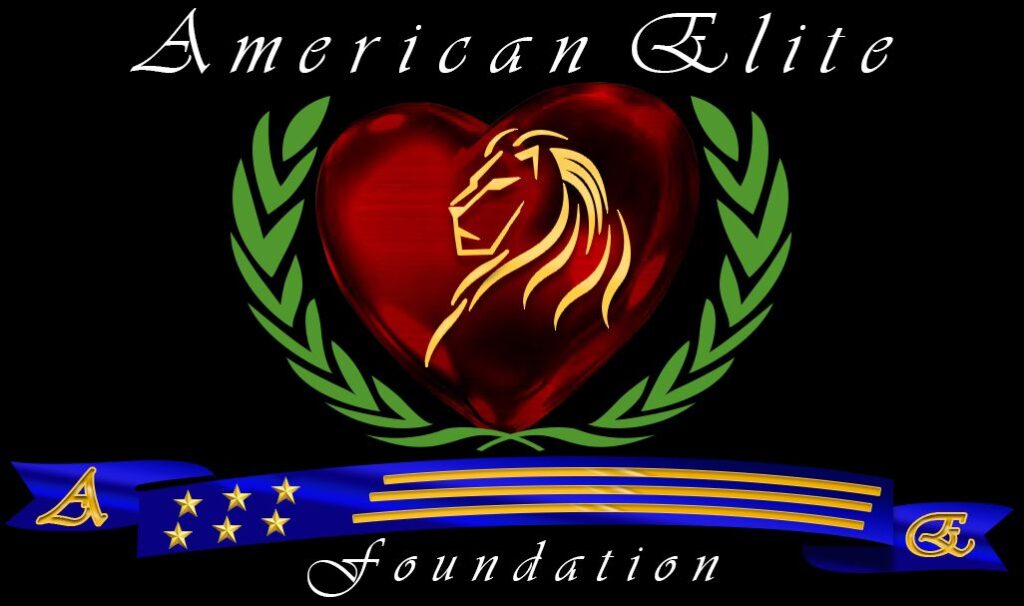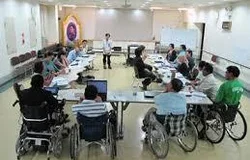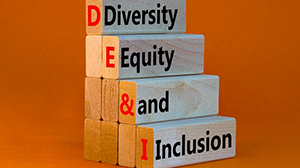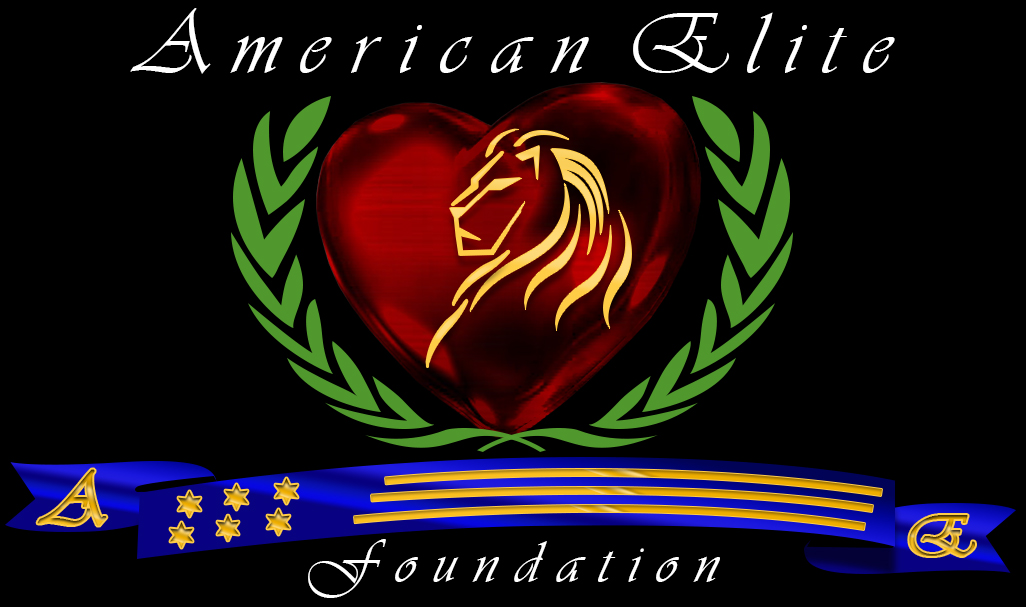Daniel Davidson, MD, MBA, DBA, PHD
Introduction:
Millions of people have bravely served in the armed services around the world, giving up their comfort, safety, and occasionally even their lives to defend the liberties we cherish. It is our responsibility as a society to respect and stand by these veterans, acknowledging their sacrifices and making sure they get the support and care they need. This article explores the numerous humanitarian endeavors aimed at remembering and assisting individuals who have served in the armed forces.
Honoring Veterans Through Charitable Initiatives:
“Honoring Veterans Through Charitable Initiatives” captures the idea of using various charitable endeavors to honor and pay tribute to the service and sacrifices made by veterans of the armed forces. This expression suggests a multimodal strategy for providing support to veterans, including a variety of programs designed to meet their many needs and recognize their achievements to society.
Offering healthcare services, helping with housing and homelessness, promoting education and employment, encouraging camaraderie and mental health support, and commemorating military service and sacrifice are just a few examples of the numerous ways charitable efforts can take shape. These programs each focus on a different facet of veteran assistance, addressing certain obstacles they might have in their transition from the military to civilian life.
By referring to these endeavors as “charitable initiatives,” we recognize their charitable, voluntary nature. Their motivations are empathy, compassion, and a wish to repay those who have defended their nation. Charitable organizations are essential to the implementation of these programs and the improvement of veterans’ and their families’ lives. They are frequently financed by donations and volunteer labor.
“Honoring Veterans Through Charitable Initiatives” denotes a thorough and proactive method of acknowledging, assisting, and expressing gratitude for the sacrifices and service rendered by veterans of the armed forces. It emphasizes how crucial it is for the community to come together and support one another in order to make sure that veterans get the support, care, and acknowledgment they are due.
Providing Healthcare Services:
Ensuring that veterans who have served in the armed forces have access to comprehensive medical treatment to address the physical and mental health issues resulting from their service is a crucial aspect of providing healthcare services to veterans. This covers a range of healthcare delivery facets, such as mental health assistance, access to specialized care, treatment for illnesses and injuries, and preventative care.
To fill service gaps and enhance current healthcare programs, charitable organizations that support veterans’ healthcare frequently collaborate with governmental organizations like the Department of Veterans Affairs (VA). These groups might run clinics, hospitals, or mobile health units with the express purpose of helping needy veterans.
Physical healthcare:
This covers standard medical care, the management of long-term illnesses, the treatment of injuries and impairments sustained during military duty, and access to specialty services including neurology, cardiology, and orthopedics.
Mental Health Support:
As a result of their military duty, many veterans suffer from mental health issues such post-traumatic stress disorder (PTSD), depression, anxiety, and drug misuse disorders. To address these concerns, charitable projects make counseling, therapy, support groups, and other mental health treatments accessible.
Rehabilitation Services:
In order to heal and successfully reintegrate into civilian life, veterans who suffered injuries or disabilities while serving must access rehabilitation services. To assist veterans in regaining their independence and functionality, these therapies may include occupational therapy, speech therapy, physical therapy, and vocational rehabilitation.
Preventative Care:
Immunizations, screenings, and wellness checks are examples of preventative healthcare practices that are essential to preserving veterans’ general health and wellbeing. Outreach programs may be provided by charitable groups to inform and motivate veterans to adopt healthy lifestyles and seek preventive treatment.
Accessibility and Outreach:
One of the top priorities for philanthropic endeavors is guaranteeing veterans’ access to healthcare services, especially for those residing in underserved or rural locations. Veterans who might have difficulty receiving care might be reached through outreach initiatives, telehealth services, and mobile health clinics.
Assisting with Housing and Homelessness:
Addressing the special requirements and problems of those who have served in the military and may not have secure housing or be at danger of homelessness is part of helping veterans with housing and homelessness. Veterans who have transitioned from the military to civilian life may experience housing instability due to a number of reasons, such as PTSD, physical disability, unemployment, and a lack of support systems.
Various sorts of support and assistance are intended to be provided by charitable organizations devoted to helping veterans with housing and homelessness in order to solve these issues. This is how these programs usually work:
Programs for Housing help:
Housing authorities, local governments, and other stakeholders work with charitable groups to offer housing help that is specifically designed to meet the requirements of veterans. Subsidized housing, rental assistance, transitional housing programs, and emergency shelter placements are a few examples of this help.
Case Management Services:
A lot of programs provide veterans who are homeless or in unstable housing with case management services. In close collaboration with veterans, case managers evaluate their requirements, create individualized housing plans, link them to the right resources and services, and offer continuous support to guarantee stable housing.
Programs to Prevent Homelessness Among Veterans:
A number of nonprofit groups work to prevent homelessness among veterans by providing cash support, eviction prevention services, and help with utilities, rent deposits, and other housing-related costs. By addressing the underlying causes of homelessness, these programs hope to give veterans the tools they need to continue living in stable housing.
Transitional Support Services:
These services are essential for veterans making the move from homelessness to long-term housing. Initiatives run by charities may provide transitional housing programs that help veterans move effectively into independent living by offering them short-term housing, supportive services, training in life skills, help getting ready for the workforce, and other resources.
Collaboration and Partnerships:
In order to maximize their influence and reach, successful programs frequently work in partnership with governmental bodies, non-profits, faith-based organizations, and community stakeholders. These efforts can offer complete help to veterans facing homelessness and unstable housing by utilizing current resources and forming partnerships.
Supporting Education and Employment:
In order to support veterans’ transition from military service to civilian life, it is important to provide them with opportunities, support, and resources to help them learn new skills, enroll in school programs, and find fulfilling jobs. Here’s a more thorough breakdown of how philanthropic endeavors help veterans get work and further their education:
Educational Support:
Veterans can receive a variety of educational supports from charitable organizations, such as:
Scholarships and Grants:
To support veterans pursuing post-secondary education or vocational training, numerous charities offer financial aid in the form of scholarships, grants, or tuition reimbursement programs.
Career Counseling & Guidance:
Veterans can get help in choosing courses of study and careers that fit their interests, abilities, and objectives. Career counselors can provide individualized support in identifying appropriate programs and navigating educational options.
Programs for Certification and Credentialing:
These initiatives help veterans become more qualified and competitive in the labor market by sponsoring them to earn licenses, certifications, or credentials in particular sectors or fields.
Access to Educational Resources:
To assist veterans in learning new skills and information, charities may provide them with access to workshops, seminars, online courses, and educational materials.
Work support:
To assist veterans in finding fulfilling work options, charitable groups offer a range of employment support programs, such as:
Employment Services:
A lot of nonprofit organizations provide job placement services, which link veterans with companies that respect their military training and expertise. These services could involve job matching, interview preparation, and resume writing help.
Skills Development and Training:
A few programs offer training aimed at improving the employability of veterans in particular sectors or professions. Technical expertise, soft skills, leadership development, and entrepreneurship are all possible training topics.
Mentorship and networking:
Organizations that support veterans may run mentorship programs that match them with seasoned professionals who may help them navigate the job market and grow in their professions. Veterans can network with potential employers and industry leaders at job fairs and networking events.
Entrepreneurship Support:
Several organizations provide entrepreneurship training, coaching, and access to resources including grants, business loans, and networking opportunities for veterans who want to launch their own companies.
Honoring Military Service and Sacrifice:
“Honoring Military Service and Sacrifice” is a collection of programs and events designed to honor and recognize the commitment, bravery, and sacrifices made by those who have served in the armed forces. This phrase highlights how important it is to thank veterans and active-duty military personnel for their dedication to protecting their nation and preserving its ideals, as well as to recognize their contributions.
Commemorative Events and Memorials:
Arranging parades, ceremonies, and memorial services to honor fallen soldiers, honor veterans’ contributions, and mark important military occasions. These gatherings give the locals a chance to show their support for one another and the sacrifices made by our military.
Programs for Recognition:
Creating campaigns and programs to honor the contributions and accomplishments of veterans and active-duty military personnel. To honor the bravery, devotion, and selflessness displayed by those who served in the military, this may involve awards, certificates of gratitude, and public recognition events.
Helping Military Families:
Offering aid and consolation to the wives, kids, and parents of active duty personnel. This could entail providing resources to assist families in overcoming the particular difficulties and stressors connected to military life, as well as financial aid, counseling services, and support for education.
Memorializing Fallen Heroes:
Honoring those who have given their lives in the service of their nation by erecting monuments, memorials, and plaques. These memorials guarantee that the bravery and heroism exhibited by the dead warriors will always be cherished in the hearts and thoughts of future generations.
Fighting for Veterans’ Rights:
Fighting for laws and policies that uphold veterans’ interests and rights, such as those related to healthcare, education, work opportunities, and disability benefits. This entails spreading knowledge about problems that impact veterans and striving to remove structural obstacles and difficulties they might encounter when readjusting to civilian life.
Conclusion:
In order to guarantee that individuals who have served receive the attention, support, and gratitude they merit, charitable endeavors devoted to recognizing and helping veterans are essential. These efforts significantly improve the lives of veterans and their families by offering healthcare services, helping with housing and homelessness, promoting education and jobs, encouraging camaraderie and mental health support, and commemorating military service and sacrifice. Encouraging these groups and fighting for the welfare of those who heroically served our country is our collective duty as a society.







